New species for North Wales
The Small Red-eyed Damselfly (Erythromma viridulum) is now breeding in North Wales! A healthy breeding population has been found at Parc Menai in Bangor. The species has been gradually expanding…
#GoPesticideFree- sign the petition!
Sign the petition calling for a national ban on the use of pesticides in urban areas. We are calling on the UK Government to phase-out the use of pesticides in…
NEW BDS MERCH – July 2024
You can now buy beautiful tops and totes from the new BDS Teemill shop! Mens’, women’, and kids’ sizes are available. Teemill is a sustainable producer using organic materials and…
Dragonfly-Friendly Gardening – updated version available
An updated version of Ruary Mackenzie Dodds’ Dragonfly-Friendly Gardening is now available. Learn from Britain’s leading dragonfly expert how to invite dragonflies and damselflies into your garden and create the…
Bourne Valley SSSI monitoring project
Bournemouth Water is looking to set up a dragonfly monitoring project at Bourne Valley SSSI in Bournemouth. The aim is to better understand the state of the valley’s dragonfly populations…
Volunteer recorders needed- Bourne Valley SSSI
Bournemouth Water is looking to set up a dragonfly monitoring project at Bourne Valley SSSI in Bournemouth. The aim is to better understand the state of the valley’s dragonfly populations…
The Damselfiles and Dragonflies of Sussex – new book
A new book on the Damselflies and Dragonflies of Sussex is now available. It includes over 170 colour photos of all the Sussex species, shows their current distributions and describes…
NHM Gardens now open!
The London Natural History Museum gardens are now open! As you move through our gardens, follow in the footsteps of evolution. Along the way feel ancient fossils, spot a grazing Hypsilophodon and…
BDS Northern Dragonfly Pond Project at CIEEM AWARDS
The BDS Northern Dragonfly Pond Project was recently nominated for the CIEEM Small Project Award, which celebrates the achievements of small projects in the ecology and environmental management sector. While…
Scarce Blue-tailed Damselflies breeding in Cheshire?
An immature female Scarce Blue-tailed Damselfly (Ischnura pumilio) was recorded last month by David Bowman at Woolston Eyes Nature Reserve east of Warrington. Immature females of this species are easily…
